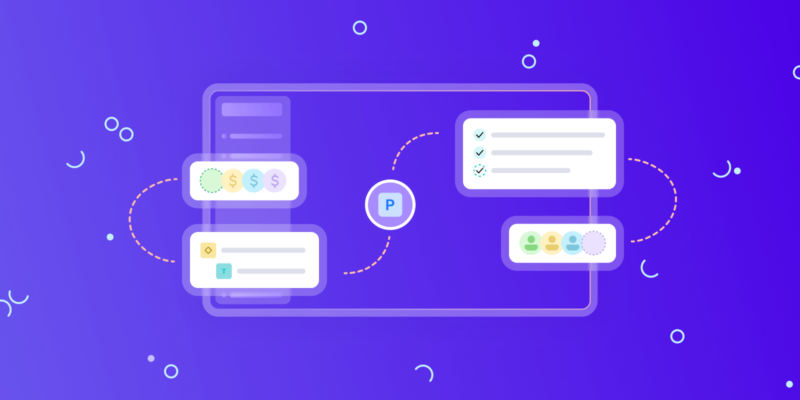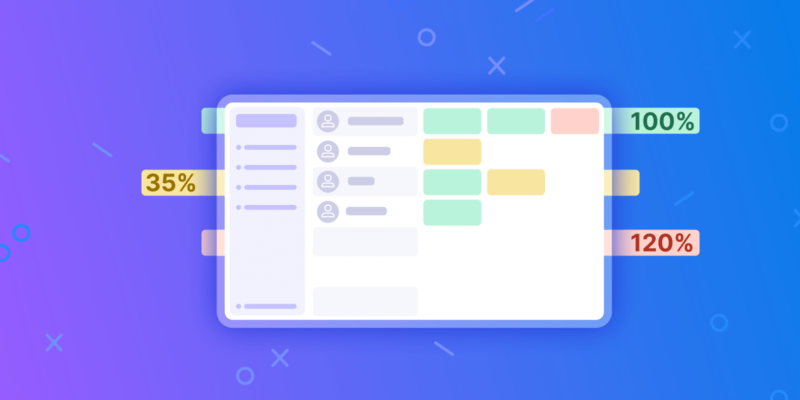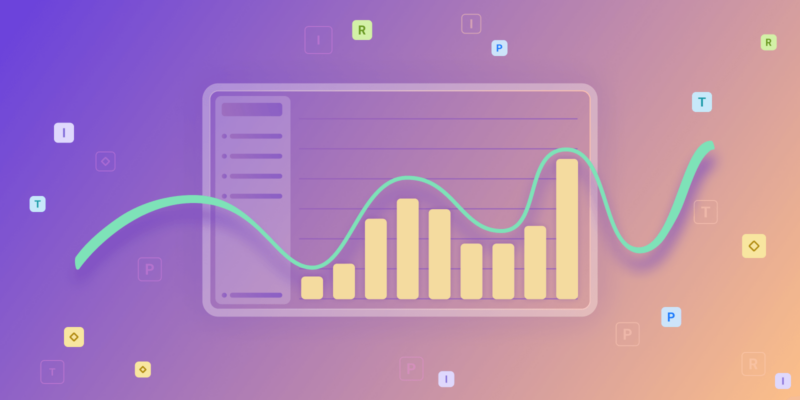2020 presented some pretty unique challenges, especially around project management. In addition to managing projects in the middle of unprecedented times, firms also had to manage changes in budgets, deadlines, teams, scopes and stakeholders.
But tough times call for smart measures.
More companies than ever are looking towards digital solutions to help them navigate the new reality, which is good news considering:
- Projects are more complex than ever
- The projects involve more people – with many working remotely
Remote Work – An Immediate Challenge for Project Managers
Project management is no longer strictly bound to the confines of traditional offices. Thanks to factors like changing corporate values, greater connectivity, the rise of the gig economy and COVID-19, remote and digital teams are more common than ever.
Today, more than 50% of workers in the US are telecommuting, and the trend will continue even after the pandemic ends. This presents a unique challenge for professional services firms and project managers.
Tasks such as resource alignment, controlling time management, spontaneous collaboration and progress tracking are all more manageable when all employees are co-located.
But there are other challenges too.
Project managers are also faced with:
- Lack of clear goals and success criteria
- Lack of communication
- Budgeting issues
- Skills matching
- Lack of accountability
- Scope creep
- Inadequate risk management
- Unrealistic deadlines; and
- The limited engagement of stakeholders
Going Digital with Project Management
But since the trend for virtual work – and the challenges that come with it –are likely to continue well into 2021, the time to identify a solution is now. One of the benefits of going digital with project management is the ability to identify the precise progress of work on a project in real-time. This allows you to detect potential problems as soon as they occur, and respond immediately – like notify applicable stakeholders. It also decreases the need for frequent meetings to get updates on the project.
With the right digital project management platform, you’ll be able to store all files, documents and images in the cloud. This allows your team to upload and download items without the need for emails. Furthermore, with all project details, comments and files stored in the same place, the potential for confusion is drastically minimized.
These are just a few of the reasons going digital with project management is such an appealing option for professional services right now. But there’s also the factor of remaining competitive in your space. Not going digital likely means being left behind by your competition.
Keeping up With Your Competition
Virtually all companies have adopted tools to help them collaborate remotely. Microsoft, Zoom and Google are trying to stay on top of the demand for their now free work-from-home software. More and more companies are using Slack, Microsoft Teams, G Suite, Trello and Zoom (or a blend of these tools). Basically, what we are trying to say is that this is the best time to align your processes with the best project management solution. Now that your business has some momentum in the area of digital collaboration, it’s an excellent time to assess your current project management solution.
Criteria to Assess Project Management Software Choices
Resource Management
While assessing project management software, it is essential to consider its ability to raise your resource management game. Resource management of a project is fundamental as it will help you plan the availability of resources for all projects. Good project management software should allow you to review your teams’ past activities as well as the current task assignments from all projects. This will ensure you do a better job of managing resources.
The Right Features
While there are dozens of project management software options available today, it can be hard to come by a product that has the features that your business actually needs.. That’s why it is important to analyze several different project management platforms to find those that come closest to your “ideal” features list. While at it, consider where your business will be in the next two to three years, and if the software will have the capacity to scale with you as you grow. The last thing you want to deal with is switching from one product to the next every time you grow.
Compatibility
It‘s important to ensure that your project management software can adapt to fit your current business model and not the other way around. For example, if your team works remotely or travels a lot, the software should be available in the cloud. The software should also be easy to customize to better suit your specific business processes and needs. Industry Specialization
Think about whether the solution provider specializes in your use case or industry. Specialization can be crucial as it narrows the focus of the product and improves the outcomes you will experience while using the product When a service provider concentrates in your field of interest, it means they will invest heavily in features that suit your project management needs. It also means they will always be abreast with the latest industry developments – which are a big plus for your organization.
Benefits of Adopting an End-to-End Project Management Solution
As a project manager, you‘re probably familiar with using standalone tools to streamline individual processes within your workflows. Although these one-off systems are handy, they can cause problems or quickly become outdated when the business grows.
Over time, more systems are often added without considering their ability to integrate with other available software. Unfortunately, if the systems don’t work in harmony, you may need to add more processes to overcome the potential restrictions. This only leads to matters being complicated further.
An end-to-end project management solution helps you avoid all of these problems, as it offers built-in tools for each step of the project lifecycle, from start to finish. If it’s a service job, for instance, it will offer solutions from initial customer contact through to the purchase. Some additional benefits of an end-to-end project management solution include:
- A birds-eye view of all project details – including resource utilization, tracking of costs vs profits, potential bottlenecks and risks, plus more.
- The ability to make data-driven decisions – a digital project management system gathers data from daily workflows and stores them in a single place. This allows you to run comprehensive reports, helping you analyze your strengths, weaknesses, and opportunities to make better business decisions.
- Elimination of duplicate data – duplication of data is a common issue within project management, especially when stand-alone software is being used. But when all elements of the project lifecycle are being executed in the same place, duplication and versioning issues become virtually nonexistent.
If you want to hold onto your spot or grow, relative to your competition, you need software that is up to the task –like Easy Projects. Request a personalized demo of Easy Projects today.



